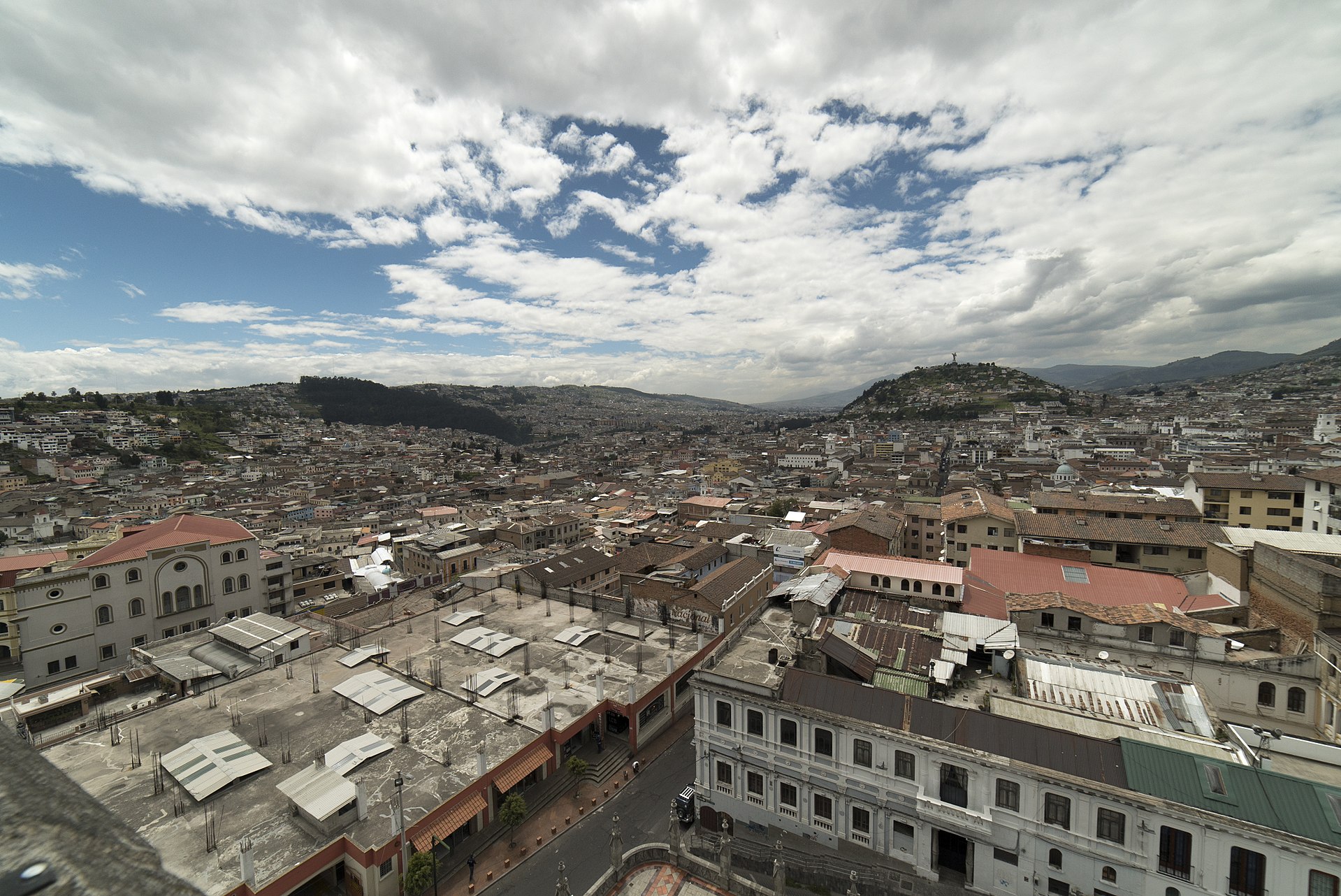1.4 million cars joined the roads in Latin America in the first quarter of 2018. In a region that struggles with automobile safety, the increase of motor vehicles on the road raises challenges for policymakers, auto manufacturers, and citizens. Over 115,000 people die every year from car accidents in Latin America. In 2000, 26.2 people per 100,000 died in car accidents and that number is expected to rise to 31 car-related deaths for every 100,000 people by 2020. In the US, the rate of accident deaths hovers around 11.4 per 100,000 people.
Managing Latin America’s growing automobile fleet is one of the most significant challenges that startups and governments will need to tackle as cities swell. Latin America is home to many auto producers, so manufacturers will also need to pay attention to new technology to stay competitive.
Opportunities in autotech in Latin America
Worldwide, startups and giant tech companies are tackling the conventional auto industry with solutions that include self-driving vehicles, electric cars, pay-per-mile insurance, and car-shares. Latin America is experiencing a wave of autotech startup launches, including a few that raised notable international investment rounds.
Much of this innovation remains concentrated in Latin America’s two largest markets: Brazil and Mexico. This disparity makes sense as 70% of vehicles on the road in Latin America are in these two countries. In Brazil, there is approximately one car per four inhabitants, while in Mexico, the ratio is one in three. Argentina, Colombia, and Chile trail far behind in quantity of vehicles but maintain similar ratios.



